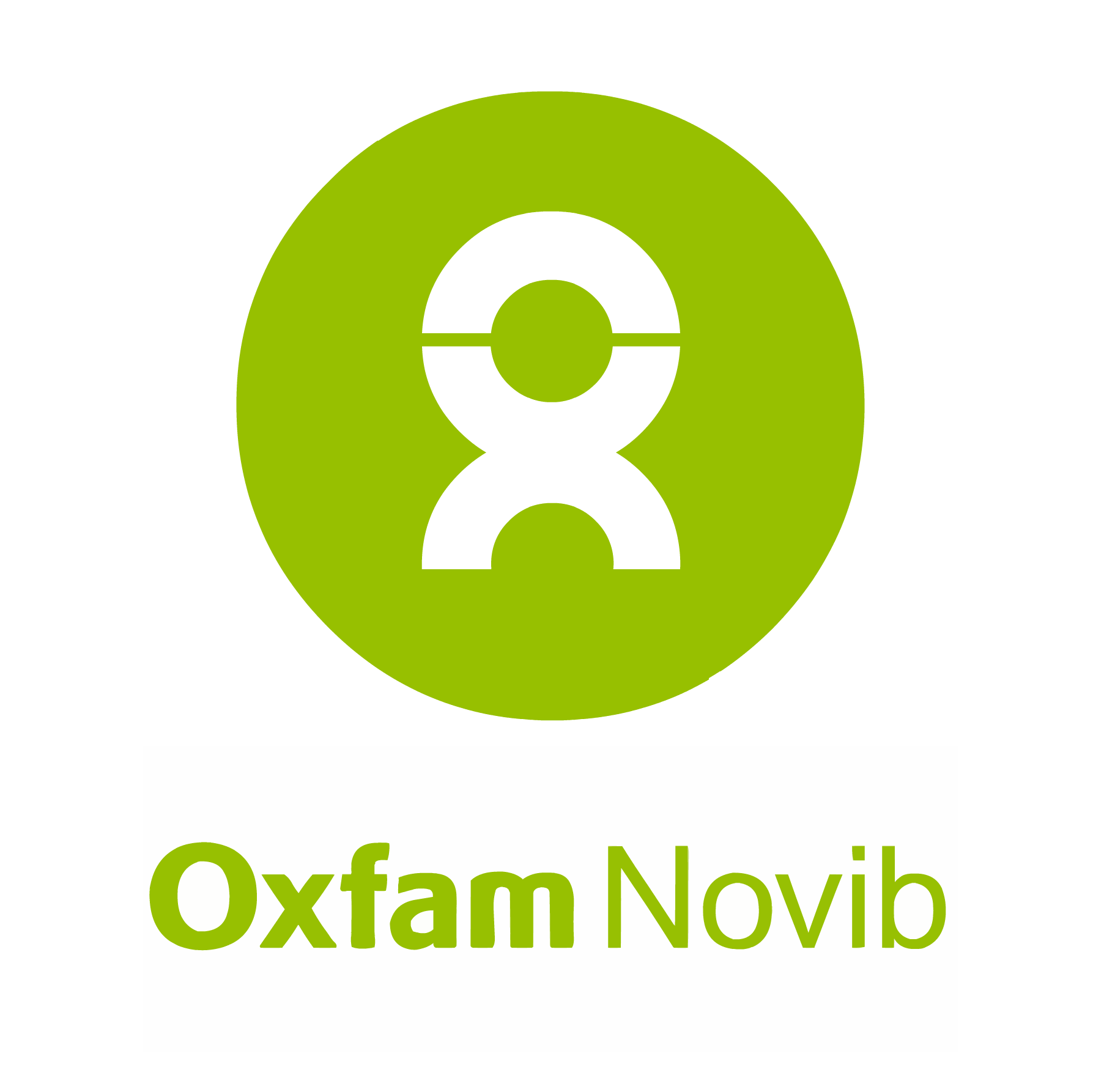Community / Land projects / R2F Flexible Facility Fund - Colombia
R2F Flexible Facility Fund - Colombia

€0
04/19 - 12/19
Completed
This project is part of
Implementing Organisations
Donors
Data Providers
General
Title: Strengthening the space for the #Movement for the Defense of Life, Territory, Peace, and the Survival of Ethnic Peoples by broadening current alliances# in Colombia With all eyes on Brazil and Venezuela, and waning international attention to Colombia#s ongoing peace process, Colombia is in crisis. Indigenous, peasant, and Afro-descendant communities across the country have taken to thestreets to call out the government for failing to follow through on promises made in the peace agreement, complywith 1,500+ legal agreements that protect the rights of indigenous and ethnic groups, and address the growing death toll of community leaders. A total of 584 killings occurred between January 2016 and January 2019, with 50 percent perpetrated against indigenous or Afro-descendant communities, according to data from the National Indigenous Organization of Colombia (ONIC). Indigenous communities have been calling for a meeting with the administration of President Ivan Duque since he took power in August 2018. Communities want to address a series of issues, including: the government#s failure to take systematic steps toward curbing violence and the targeted killings of land, human rights, and women human rights defenders; suspension of peace talks with theNational Liberation Army (ELN); insufficient implementation of the peace accord and agrarian reform; and efforts by the Duque administration to roll back parts of the peaceaccord. So far, the government has refused to meet with them or issue a response to their demands. In the face of government silence and inaction, activists have started a social movement they are calling the #Minga for the defense of life, territory, democracy, justice, and peace.# The goal of the #Minga##a Quechua word that means #collective work##is to push for dialogue with the government to address the lagging implementation of the peace agreement and other agreements signed to resolve issues of territorial protection and land rights, and to protect the lives of indigenous and local communities. Rather than responding to calls from indigenous and Afro-descendant leaders for negotiation, the Colombian government has responded by labelling the protesters #terrorists# and ordering a military crackdown. Although President Duque eventually agreed to meet community representatives on August 9, he failed to attend last minute, citing security concerns. The Colombian government#s response, and its efforts to fragment the indigenous movement, has threatened civil society spaces and mirrors the reaction of governments around the world who call indigenous and community leaders #terrorists# when they defend their rights. The government#s refusal to addressthese critical issues is a threat to both national stability and the larger peace process, as conflict over community land rights was a driving force behind the armed conflict. Many of the areas with the largest number of killings and attacks against land and human rights defenders overlap with the granting of new land concessions for mining and other infrastructure projects by the government.



